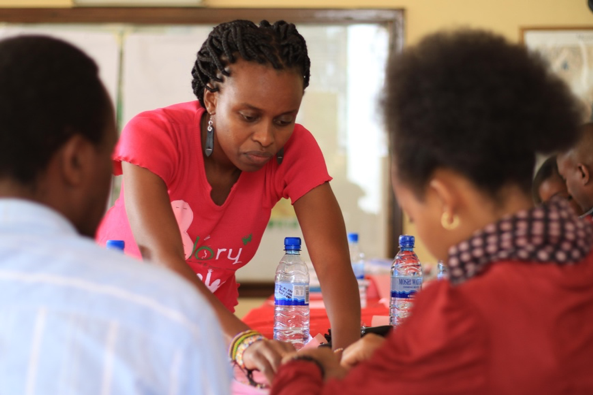Tell us about yourself, what do you do in health?
I have been a social entrepreneur for about 7 years. I founded a company called Kasole Secrets which produces and distributes sanitary napkins made from bamboo. Kasole secrets also run menstrual hygiene management campaigns at a National level. The campaigns are geared at educating the community that menstrual hygiene management, is not only a girls and women issue but it’s a community responsibility. In addition, Kasole Secrets advocates and consults a number of different local and international NGOs on menstrual programs, conducting training for trainers, developing training materials and guidelines. Our Corporate Social Responsibility program runs training on puberty and menstrual hygiene management to boys and girls in more than 20 schools in Dar es Salaam, Tanzania.
What are you most proud of? What are some of biggest challenges you have faced? How did you overcome them? What are some of the lessons learned?
The past four years have been very challenging, as we made a decision to break the silence on menstrual issues and activated the National campaign. This caused huge resistance due to the very unusual nature, and culture of speaking about menstruation in public. Feedback had been that this is a very private matter and should be discussed in private, that it was immoral to talk about it openly. As an innovative approach, we translated the Menstrual Hygiene Management into Swahili i.e. Hedhi Salama, however, we were still challenged for being too direct.
Our main platforms for sensitization of menstrual issues are continued community education on menstrual management and awareness campaigns during International Menstrual Hygiene day celebrations. Collaboration with key stakeholders, such as the Ministry of Education and Ministry of Health combined with the participation of men and boys in our puberty and menstrual hygiene management programs.
Our key achievements have been the involvement of key in country stakeholders who are collaborating on the menstrual management issues which include Media houses and Faith based organizations. Hedhi Salama has now become a popular word that is discussed freely without shame when referring to Menstrual Hygiene Management.
What are some of the opportunities you see for women in health on the African continent?
There are many opportunities for women in health such as innovation and research. Women in Africa need to cooperate/partner to discuss issues and solutions affecting women in the health sectors, which will have a significant impact on our communities.
Which one thing do you wish you had done differently?
If I have to do it all over again; I would work more with mentors/coaches, network and invest in personal development.
To learn more about Hyasinthia’s amazing work in Tanzania visit www.hedhisalama.com

